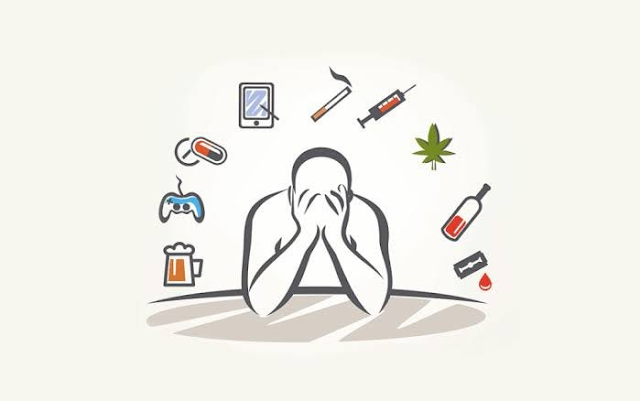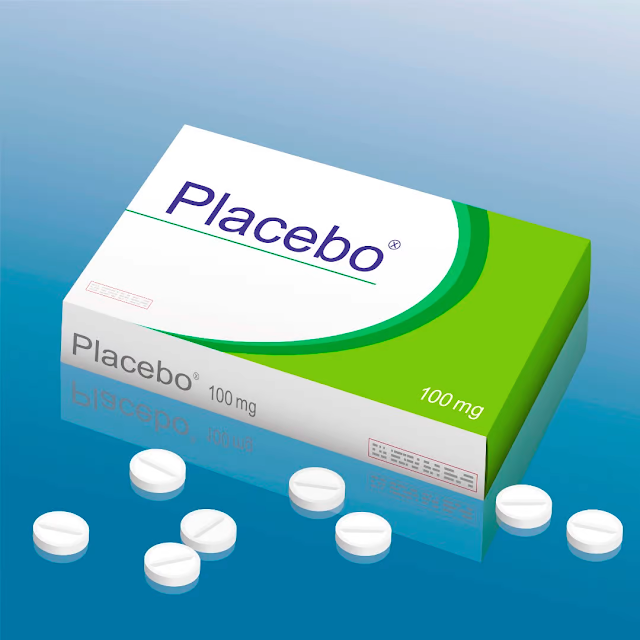Addressing Stigma around Substance Use Disorder
Anthony is a graduate
student at the University of San Diego pursuing his Master’s in Clinical Mental
Health Counseling. He is passionate about increasing accessibility and reducing
the stigma surrounding mental health for college students. Before joining
Health Services, Anthony volunteered as a hotline counselor, providing clients
with emotional support, crisis intervention, and referral to community
resources and basic needs case managers.
Stigma is defined as a set of negative attitudes or beliefs
used to discredit or shame a group of people, place, or thing. Stigma is
harmful as it contributes to discrimination on multiple levels by perpetuating
inaccurate or damaging ideas and policies. Individuals with a substance use
disorder (SUD) often face stigmatization due to misconceptions that addiction
is a choice or a moral failing. While there are several negative effects of this
stigma, there are many ways that we can challenge these harmful beliefs and
support those living with SUD.
Effects of Stigma on People with SUD
- Feelings of shame, embarrassment, and fear
- Social withdrawal
- Less likely to seek treatment
- More likely to receive lower quality health care and treatment
- Discrimination on an individual, group, and systemic level
Reducing Stigma of SUD
Using affirming language is a way that we can work against stigma daily. Some examples include:
- “Substance use disorder” instead of “substance abuse” or “habit”
- “Person with a substance use disorder” instead of “addict,” “alcoholic” or “abuser”
- “In recovery” instead of “clean”
- “Risky” instead of “problem”
- When referring to toxicology results, use “positive results” instead of “clean results” and “negative results” instead of “dirty results”
If you hear someone using this harmful terminology, kindly
share the importance of using non-stigmatizing language and support them in
implementing this language when speaking about SUD.
It is also important to be aware of harmful or inaccurate
representation of SUD. If you or someone you know is struggling with a
substance-related issue, it is important to talk to someone you can trust. You
can speak with a mental health professional on-campus or learn about off-campus
options by contacting MiraCosta College Health Services.
MiraCosta College Health Services
- Recovery Support Group, Wednesdays at 4pm on Zoom.
- Meeting ID: 875 2986 5613; Password: 809700
- Individual/ Relationship/ Family Counseling
- 760-795-6675
- mccshs@miracosta.edu
- www.miracosta.edu/healthservices
References
Committee on the Science of
Changing Behavioral Health Social Norms: Board on Behavioral, Cognitive, and
Sensory Sciences; Division of Behavioral and Social Sciences and Education;
National Academies of Sciences, Engineering, and Medicine. Ending discrimination
against people with mental and substance use disorders: The evidence for stigma
change. Washington (DC): National Academies Press (US); 2016 Aug 3.
Available from: https://www.ncbi.nlm.nih.gov/books/NBK384915/
Hazelden Betty Ford Foundation.
(n.d.). Addressing the stigma of addiction: Advocacy. Hazelden Betty
Ford Foundation. https://www.hazeldenbettyford.org/addiction/stigma-of-addiction
The Johns Hopkins University.
(n.d.) Reducing the stigma of addiction. Johns Hopkins Medicine. https://www.hopkinsmedicine.org/stigma-of-addiction
Recovery Research Institute.
(2020, September 28). The real stigma of substance use disorders.
Recovery Research Institute. https://www.recoveryanswers.org/research-post/the-real-stigma-of-substance-use-disorders/
U.S. Department of Health and
Human Services. (2023, March 8). Words matter - terms to use and avoid when
talking about addiction. National Institutes of Health. https://nida.nih.gov/nidamed-medical-health-professionals/health-professions-education/words-matter-terms-to-use-avoid-when-talking-about-addiction




Comments
Post a Comment